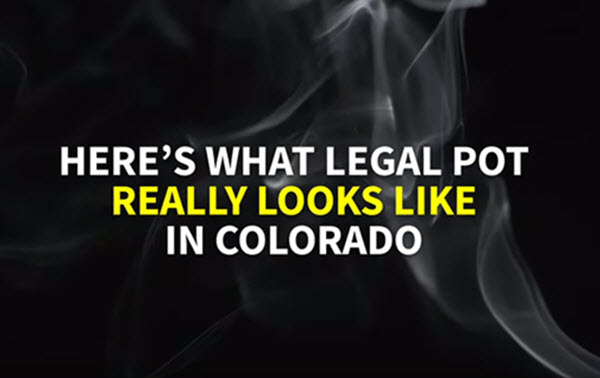A founding father of Colorado’s legal pot reveals regrets
 National Families In Action, April 2021
National Families In Action, April 2021
Robert Corry, a lawyer who helped write Colorado’s Amendment 64, which legalized marijuana for recreational use in the state in 2012, has issued a searing indictment of how legal pot has turned out. His efforts to legalize were built on the notion that marijuana is safer than alcohol, but he writes in Sunday’s Gazette, “The outcome of 64 is shameful, hurts people, and Colorado is not ‘safer’.”
While he still supports legalization, he laments the way it has turned out: “a commercialized, for-profit, elitist, government-protected, privileged, monopolistic industry that perpetuates itself and its obscene profits, to the detriment of the public good and the planet earth.” Given that one of the three goals that motivated his advocacy, he says, was to “create a free-enterprise system, taxed and regulated similar to alcohol for commercial sales,” one must ask why is he surprised?
He says the “pot lobby threw a temper tantrum” against proposed legislation to cap THC levels in commercial pot and scoffs at Colorado’s governor and Denver’s mayor for declaring marijuana businesses “essential” while schools, churches, and gyms were shut down during the pandemic.
He takes down the practice of indoor growing, which he says is done for the sole purpose of genetically altering the plants to produce supercharged THC levels. Indoor growing also brings environmental pests that require powerful chemicals, pesticides, and herbicides, whose “toxic carcinogens are ingested by the consumer or run off directly into Colorado’s scarce water.”
He repeatedly notes that the law he helped write violates federal law, and now sees it as a way to end commercialization because “licensees have made a deal with their devil; in exchange for the license, they consent to future search of their premises or documents, without a warrant, by any government officer, including federal.”
He says the restrictions Congress has placed on using federal funds to enforce federal law in legalization states apply only to medical, not recreational marijuana businesses. So federal officials could investigate recreational businesses and subpoena the banks who do businesses with them and newspapers they advertise in because they are “aiding and abetting” criminal activity.
He warns that the house the recreational business is built on is made of “sand and in need of serious renovations.”
Read Robert Corey’s Gazette op-ed here.






